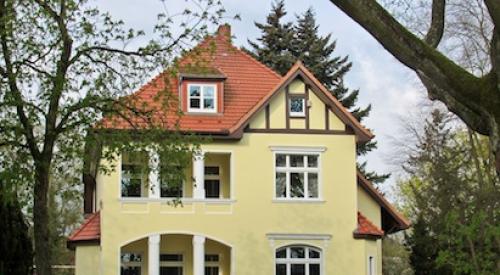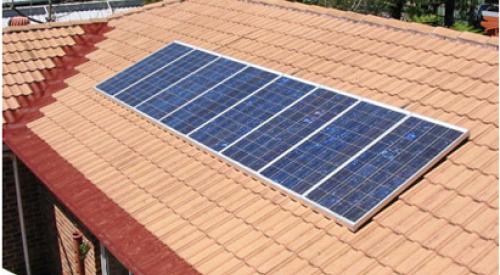A new study involving an unusually large sample of 1.6 million homes sold in California between 2007 and early 2012 found that, holding all other variables constant, a green certification label on a house adds an average of 9% to its selling value. Researchers also found something they call the “Prius effect”: Buyers in areas where consumer sentiment in support of conservation is relatively high—with a certain percentage of hybrid-auto registrations—are more willing to pay premiums for green-certified houses.
Residential Products Online content is now on probuilder.com! Same great products coverage, now all in one place!
billboard
Energy-efficient homes carry 9 percent premium price, says study of 1.6 million homes
A new study involving a sample of 1.6 million homes sold in California between 2007 and early 2012 found that, holding all other variables constant, a green certification label on a house adds an average of 9% to its selling value.
PB Topical Ref
leaderboard2
Related Stories
Choice of materials and certification systems for building products continues to be contentious issues in sustainable design. Earlier this year, members of Congress criticized the U.S. Green Building Council (USGBC) for proposed LEED standards that they
New proposed updates from the International Code Council to the International Energy Conservation Code (IECC) would increase energy efficiency in new homes and commercial buildings by about 15%.
One item impacting the estimated costs of green construction is the increased demands for surety bonds as an assurance to building and code enforcement departments that the contractor will adhere to all applicable environmental regulations.
A bill in the Illinois legislature would require all new residential construction to have passive radon resistant construction, which can be activated if levels are found to be too high.
Some studies indicate that newly constructed homes with third-party certifications for sustainability and energy efficiency sold for more on average than noncertified home, and linger on the market for fewer days.
A bill to extend the expired residential energy efficiency tax credit for installing qualified furnaces, boilers, central air conditioners, and heat pumps was recently filed in the U.S. House of Representatives. The Home Energy Savings Act would extend t
boombox2
boombox1
ADVERTISEMENT
halfpage1
native1
catfish1
interstitial1













